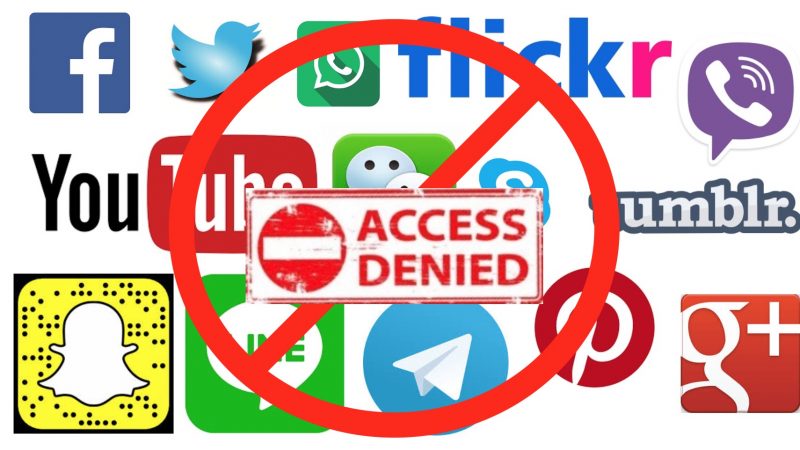Kerby Anderson
If you write or speak about controversial issues, it is likely you will be banned from social media. Big Tech employees accuse the offender of misinformation or disinformation, even when that may not be the case.
YouTube (owned by Alphabet/Google), Facebook and Instagram (both owned by Meta), Twitter (now called X), and other platforms have banned politicians, doctors, and scientists. This has given Big Tech the ability to censor speech and put them into a position of deciding what is true and what is false.
Carol Roth, in her new book, reminds us that these bans are often permanent, with no pathway to redemption. She contrasts that with people who break the law. After they have served their time in prison, they are released. But with social media, there rarely is a path to get back on a platform.
Some have been successful. Journalist Alex Berenson was critical of COVID responses and information. When he posted accurate information about vaccine clinical trials, he received an eleven-month “permanent ban”. It wasn’t permanent because he sued Twitter and finally received a statement from Twitter that acknowledged his tweets should not have led to his suspension.
Sometimes you are banned with no justification. Journalist Miles Cheong said he was permanently banned from PayPal without an explicit reason and told he could not withdraw the money in his account for months.
In the past, we didn’t allow the phone service to decide if you could make a phone call. Carol Roth points to the Communications Act of 1934 which guaranteed phone service for all potential customers. The legislation wasn’t necessary when other phone services were available, and it wasn’t a monopoly.
But isn’t Big Tech essentially a monopoly? That’s why Congress needs to address the issue of banning people from social media.
 Listen Online
Listen Online Watch Online
Watch Online Find a Station in Your Area
Find a Station in Your Area











 Listen Now
Listen Now Watch Online
Watch Online
